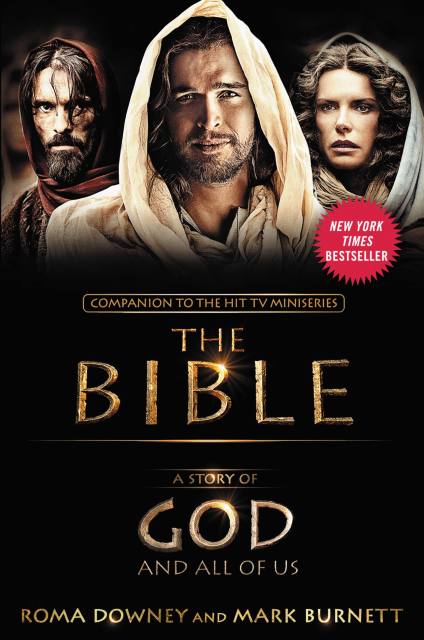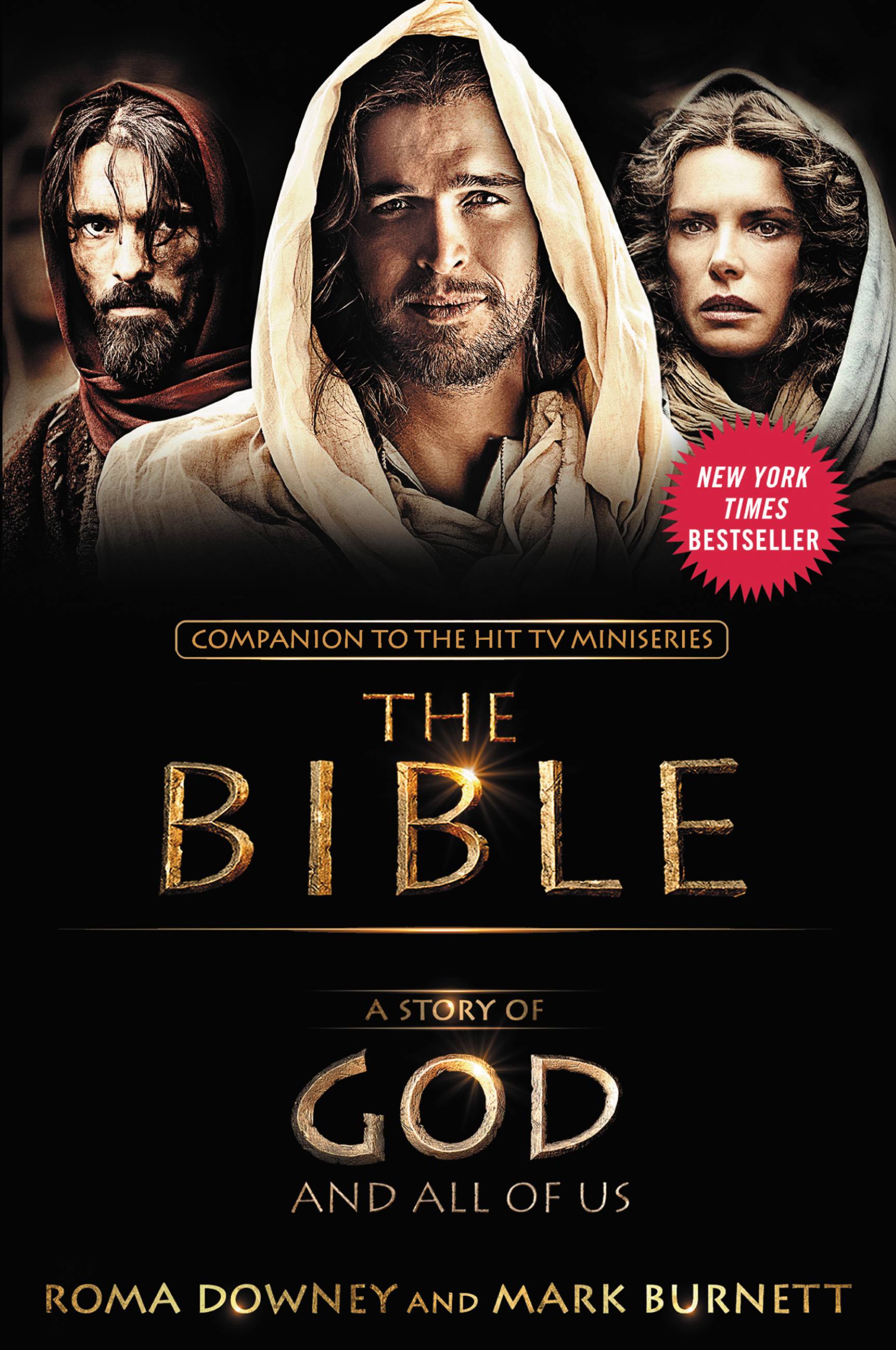By clicking “Accept,” you agree to the use of cookies and similar technologies on your device as set forth in our Cookie Policy and our Privacy Policy. Please note that certain cookies are essential for this website to function properly and do not require user consent to be deployed.
A Story of God and All of Us
A Novel Based on the Epic TV Miniseries "The Bible"
Contributors
By Roma Downey
By Mark Burnett
Formats and Prices
- On Sale
- Feb 26, 2013
- Page Count
- 352 pages
- Publisher
- FaithWords
- ISBN-13
- 9781455525577
Price
$11.99Price
$15.99 CADFormat
Format:
This item is a preorder. Your payment method will be charged immediately, and the product is expected to ship on or around February 26, 2013. This date is subject to change due to shipping delays beyond our control.
Buy from Other Retailers:
Scripture’s greatest stories and most compelling characters come to life in this sweeping new novel by Roma Downey and Mark Burnett.
Beginning with the creation of man and ending with the revelation of a new world, readers will revel in this epic saga of warriors, rebels, poets, and kings, all called upon by God to reveal His enduring love for mankind. Ultimately, God’s plan is fulfilled in the story of Jesus the Messiah, whose life, death and resurrection brings salvation to one and all.
A STORY OF GOD AND ALL OF US is a companion to The Bible, the epic ten-hour mini-series produced by the authors and televised around the world.
Beginning with the creation of man and ending with the revelation of a new world, readers will revel in this epic saga of warriors, rebels, poets, and kings, all called upon by God to reveal His enduring love for mankind. Ultimately, God’s plan is fulfilled in the story of Jesus the Messiah, whose life, death and resurrection brings salvation to one and all.
A STORY OF GOD AND ALL OF US is a companion to The Bible, the epic ten-hour mini-series produced by the authors and televised around the world.
Newsletter Signup
By clicking ‘Sign Up,’ I acknowledge that I have read and agree to Hachette Book Group’s Privacy Policy and Terms of Use






